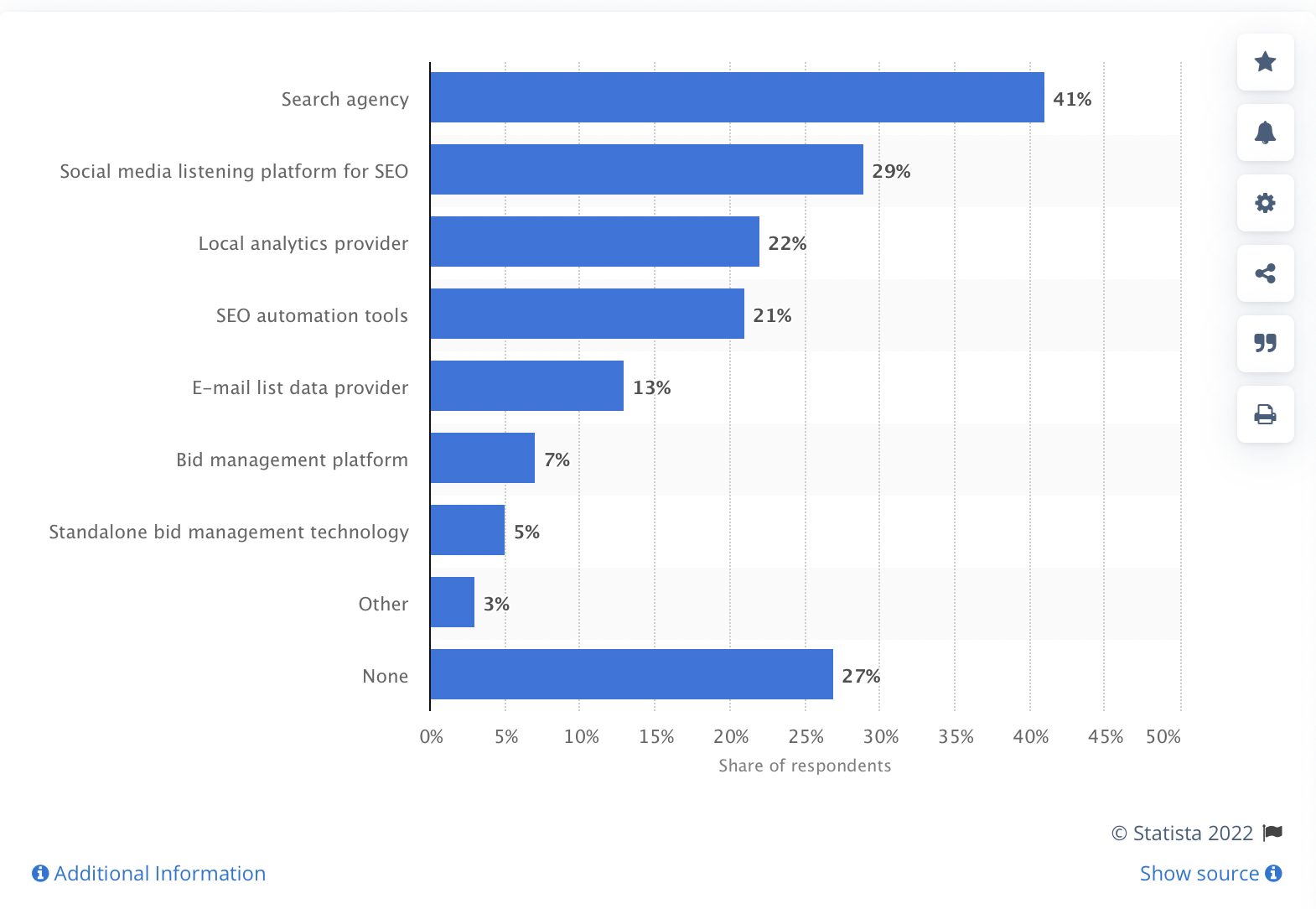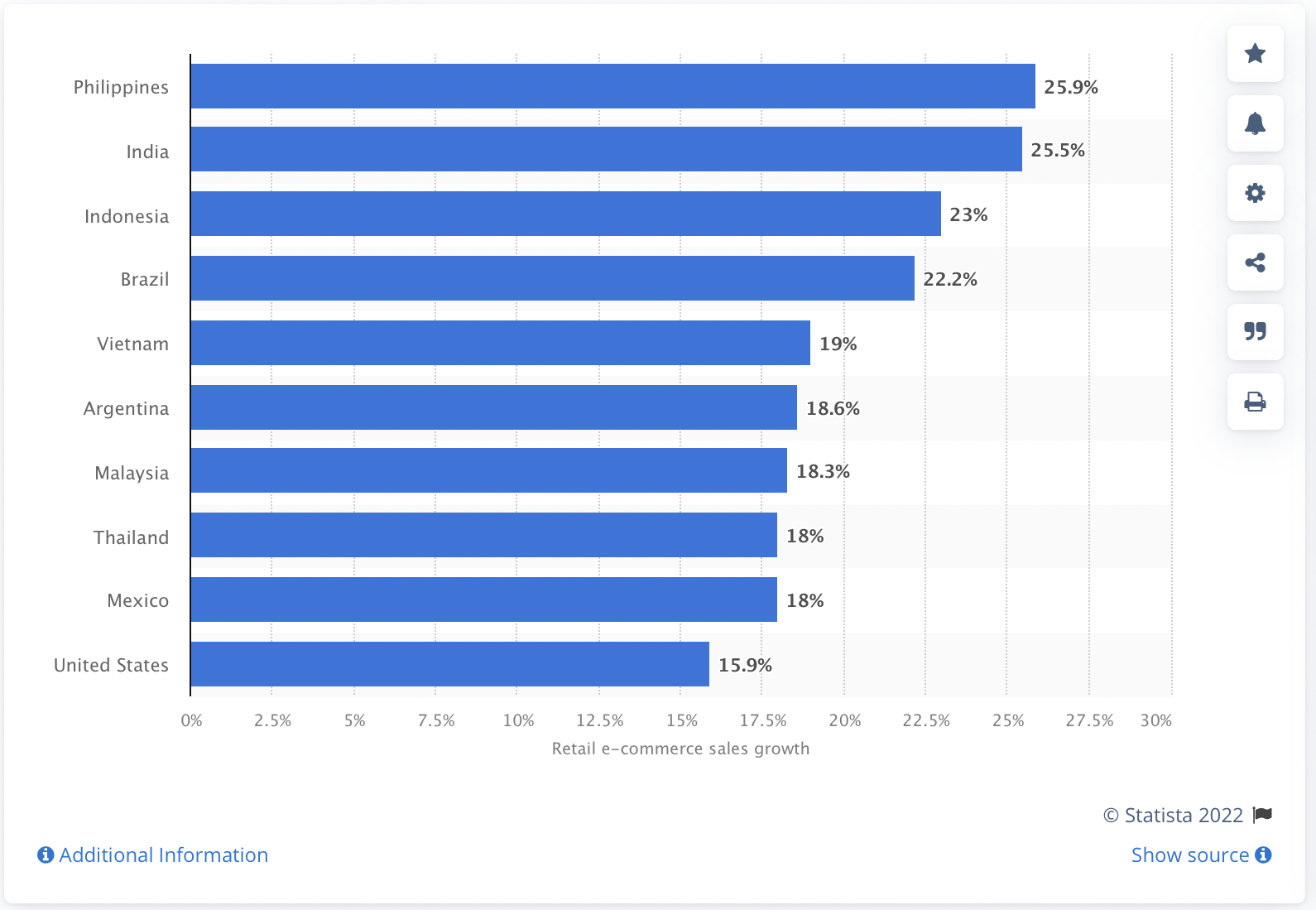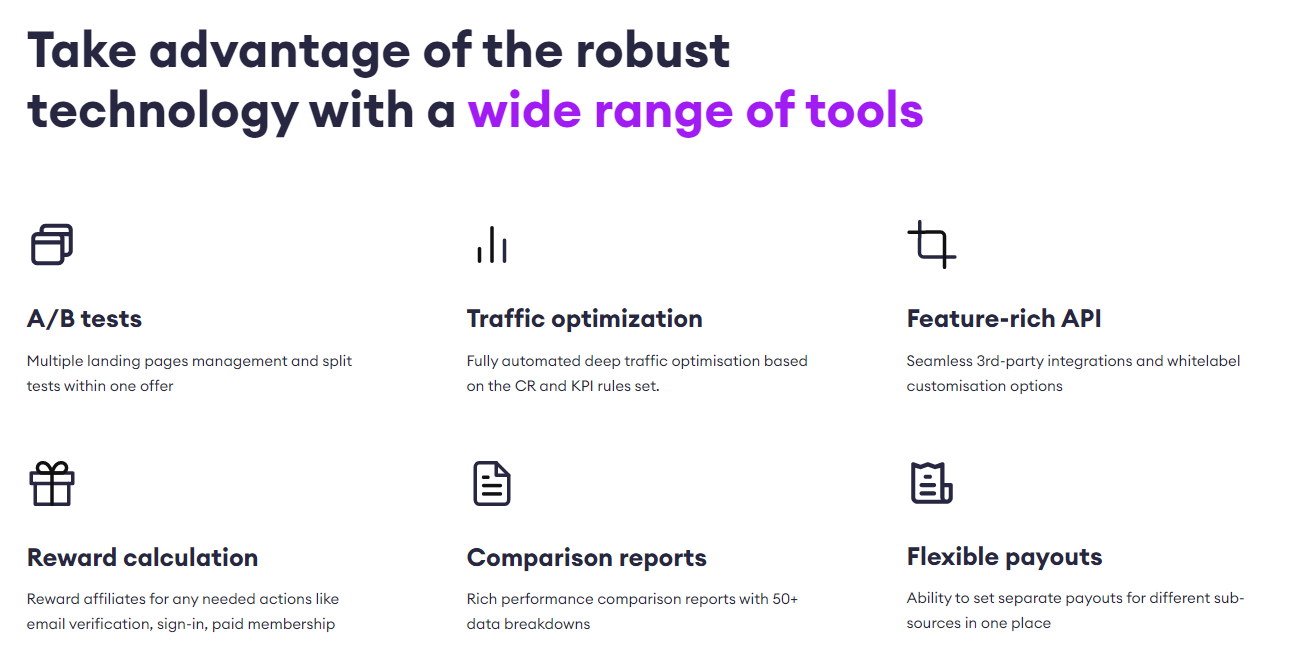Affiliate programs are generally more structured than referral schemes. They may bring higher returns for a company as they employ professional marketers, but they may also involve higher initial costs.
How to Optimize Your Channel Partner Sales Strategy
Once you’ve established your partner program, you need to understand how to make the most of it. Here are a few tips on how to build your partner sales strategy from the ground up, ensuring a solid foundation. This will help you to manage any future issues effectively and quickly.
Know Your Audience
This is probably the single most important aspect of channel partner sales. Your audience’s tastes and habits are what should determine who your partners are. If the goal is to attract further customers and encourage repeat purchases from within your industry, then your partner’s audience is key.
Social media is your friend here. To conduct a quick customer audit, try the following steps:
- Identify between three and five competitor businesses or potential partners
- Using their social media presence, identify mutual connections
- Research what content is receiving positive reactions – is it similar to yours?
- Distinguish what values their audiences are expressing
- Use this information to build an ideal customer profile (ICP), cross-matched with that of your potential partners.
Understanding your audience should make the process of finding new partners straightforward. It’s a waste of everyone’s time if you work with a partner based on brand recognition or audience size alone. Your partners should work for your customers and for your business.
Know Your Business
As important as it is to know your audience, you also need to know your business. You need to be at a certain point in your business cycle to be ready for channel sales. You should be able to:
- Demonstrate and replicate sales success
- Fulfill additional orders and support partners
- Meet any costs associated with partnerships
- Define why you’re using partner sales
All of this can help to protect you against fluctuations in any of your partnerships and aid plans for future growth.
Set Clear Goals
Important for any business decision, setting clear goals is particularly important when it comes to setting up a partner program to make channel sales.
The reason that goals are important is that you need to have something concrete to work towards. This helps your whole team to stay focused and work collaboratively.
You might want to try:
- Using data: set a number of sales or a percentage of growth to work towards that’s ambitious but achievable.
- Sharing: don’t be afraid to share your goals with your partners so that they know how best to approach helping you and working with you.
- Break it down: break down your goals into actionable items by weeks and months, even by days if you’re tracking your progress tightly.
Try not to get bogged down in setting goals. You should make sure to review your goals regularly across your sales channel to stay on top of your progress.
Research
Research into potential partners is crucial to securing strong working relationships and driving sales across your channels. Here are some of the things that you should research before agreeing to a sales partnership:
- Brand ethos and message
- Cost and value proposition
- Other clients or customers
- Any additional legal obligations
- Technical needs, like data transfer
- The size and demography of their audience base
You should look in-depth at this research so that you choose the partners that are right for you and likely to put your business in front of the right audience. Make your expectations clear throughout the onboarding process to avoid a clash of values or communication styles.
Consistent Communication
You need to be communicating regularly and clearly with your partners. Your business may have a large network of partners in different capacities, which makes communicating with them all at once near-impossible.
Your team should devise a system to track your partner communications and assign tasks to team members based on availability and knowledge. Make sure that your partners are aware of your expectations. Be honest with one another about any issues and share regular updates on sales and customer interactions.
Smaller companies still need to stay on top of their partner communications, although they’re less likely to have a large number of partners across different channels.
Strong Management
Partnership management is essential to successful and consistent growth from channel partner sales. You need to define what’s expected from each partner and from you and information on cost, timelines, and projected sales.
As your customer base grows, you’ll also need to engage seriously with customer relationship management (CRM) systems. These are usually hosted by a specialist company. Your team can then track all customer service interactions.
Management helps to avoid problems that come with growth, including missed orders, supply delays, and overstretching your team.
Final Thoughts
Using a channel sales model in your business and its marketing can be an incredibly rewarding venture. Channel partner programs help to boost your team’s sales performance and establish good working relationships for your business in your industry.
Take some time to understand the goal of your channel sales strategy and be sure to bring on new partners as a result of this very understanding.
Finally, try to find out about support with partner management to make your channel sales partnerships run smoothly and be beneficial for all parties.




















